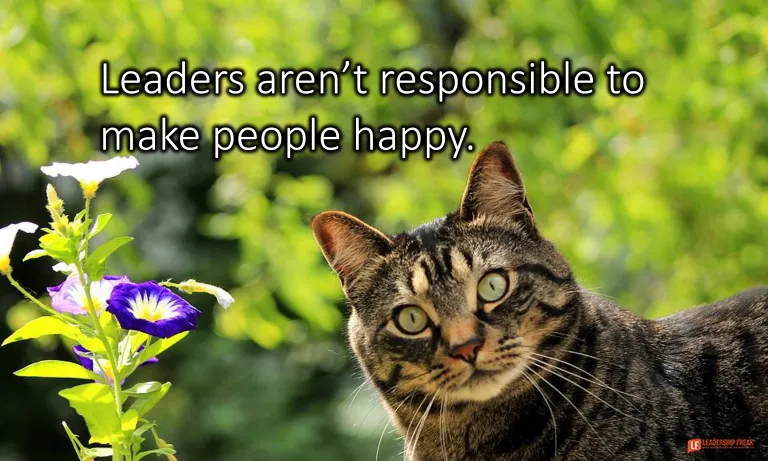As it pertains to biblical leadership, this may be true! Is being nice the same as being godly? Be careful how you answer that!

The sentiment that nice guys finish last has been around for as long as I have been alive. There is still a vigorous debate about being nice…too nice. In what way can “nice” become a leadership issue? We are Christian leaders. Can’t we all just love one another?
Years ago a leader I worked for made a comment about a developing leader I was training, “He lacks the tenth fruit of the spirit…meanness!”
We all knew what he meant. This developing leader was nice to the point of hurting his leadership and his team.
Experience has taught me that some leaders are simply too nice. They are unwilling to upset anyone, make the tough calls, stand on principle (when their position is unpopular) or go so far as to ask someone to leave the team when it is clearly necessary.
Sometimes the strength of being a loving, kind & considerate leader can become the enemy of exercising tough love and tough decision-making when it is for the good of the team, the person and the organization.
Some team members will take unfair advantage of the “nice” leader by underperforming and doing sloppy work.
From time to time, I still hear about a decision I made 50 years ago to ask someone to leave our team.
We don’t need to become “mean” leaders, but we do need to become wise and courageous leaders. In an attempt to do the loving thing we could be doing the hurtful thing for everyone concerned.
Being a “nice” leader can be bad:
1. For the leader. It will cause a lot of relational and emotional stress when “niceness” is preventing the leader from doing the right thing. One person’s behavior becomes the inordinate focus of much of the leader’s time and attention. Time that could be spent lighting fires is now being spent fighting fires caused by one or more individuals whom need to be on the receiving end of tough love
2. For the team. Those team members that understand what is going on become less productive and loose admiration and respect for the leader who is too nice to deal with a problem that is quite obvious to everyone else on the team
3. For the person in question. Allowing bad attitudes and behaviors among team members will never help the person now or down the road. Confronting (not overlooking) the person is the loving thing to do.
The person I asked to leave our team fifty years ago told me it was one of the best things that ever happened to him.
How are you doing, fellow leader? Are you becoming too nice? Are you on the road to becoming everybody’s friend but nobody’s leader?

Recent Comments